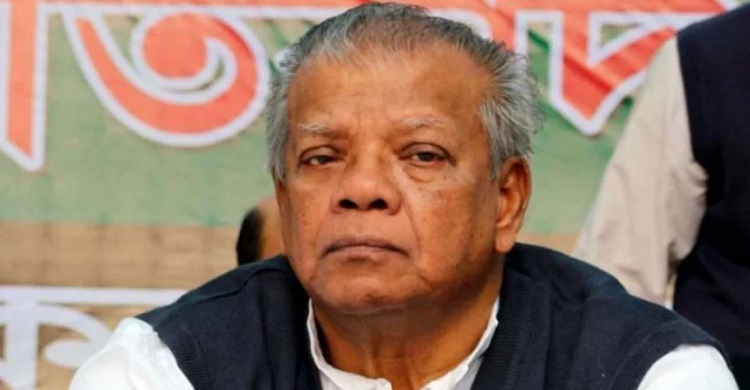
- Financial
Coming to the second half of the financial year, the government is slightly leaning towards bank loans
- Financial
- 20 March, 2024 16:11:27
Economy desk: The government is running on the policy of cost reduction at the time of high inflation. From the beginning of the current financial year to January, repayments were Tk 120 crore more than borrowings. However, due to various reasons including non-receipt of revenue as expected, bank loans have to be taken now. As of February, the government's net debt to banks has increased by Tk 10,751 crore. Earlier till last December repayment was 3 thousand 11 crore more than borrowing. In other words, the government is slightly leaning towards bank loans in the second half of the financial year.
Those concerned said that there is a big shortfall in the collection of government revenue. In the seven months up to last January, the deficit was Tk 40,862 crore. Again, the government's debt in savings bonds did not increase until January, on the contrary, it decreased by Tk 7 thousand 350 crores. Meanwhile, due to the high value of the dollar, the government's cost of paying foreign debt has increased. Foreign loans are not coming as expected. As a result, the government has to take some bank loans to meet essential expenses. However, the borrowing so far is less than the target for the current financial year.
According to the data of Bangladesh Bank, the government has taken a total loan of Tk 45 thousand 473 crore from commercial banks till last February. At the same time Bangladesh Bank paid 34 thousand 723 crores. Due to this, the net debt has increased by 10 thousand 751 crores. In all, the government's debt status in banks has reduced to Tk 4 lakh 4 thousand 529 crore. Out of this, Bangladesh Bank has 1 lakh 22 thousand 917 crores. And the government took 2 lakh 81 thousand 612 crores from commercial banks. A target of Tk 1 lakh 32 thousand 395 crore loan was set from the bank to meet the budget deficit of the current financial year.
Those concerned said that many projects are being cut due to the cost-cutting policy. There are restrictions on foreign travel, buying new cars or fixed assets with government money. In order to control the supply of money, various banks are giving bonds of Tk 25 thousand crore against Tk 42 thousand crore owed by the fertilizer and power-fuel sectors. If these bonds were not issued and money was printed through the central bank, inflation would have increased.
Again, Bangladesh Bank is only current
So far in the fiscal year, more than 1 lakh crore TK have been taken from the market by selling more than 9 billion dollars. As a result, this debt of the government will not have much effect on inflation. However, if borrowing increases, the private sector will be hampered. Again the effect on inflation will increase.
According to the data of Bangladesh Bank, now the government has to borrow from treasury bills and bonds at higher interest rates than savings certificates. Many are attracted here as no tax is deducted against the interest income of Bill Bonds. However, the government's interest expense is increasing. The average interest expense on the 182-day Treasury bill rose nearly 60.70 percent over a year to 11.42 percent in February. It was 7.10 percent in the same month last year. And the interest rate on the 10-year Treasury bill rose nearly 45 percent to 12.02 percent in February. The average interest rate in the same month last year was 8.30 percent. As a result of the increase in the interest rate on Treasury bills, the interest rate is also increasing at the level of the government as well as the consumer. At present, the interest rate is determined by adding 3.5 percent to the six-month average interest on 182-day Treasury bills. In this arrangement, the current month's interest rate has risen to 13.11 percent.
Former president and managing director of Bank Asia. Arfan Ali said, if inflation is to be controlled, there is no option to increase interest rates. Inflation has come down due to early interest rate hikes in many countries around the world. Generally it takes 6 to 9 months, sometimes a year, for a policy to take effect. However, besides this, the government should focus on the production and supply system.

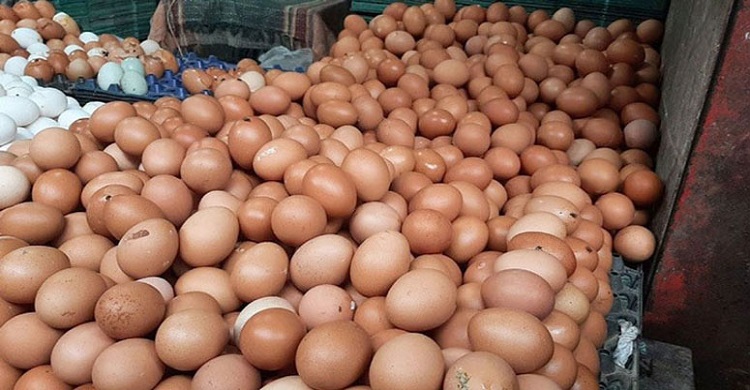
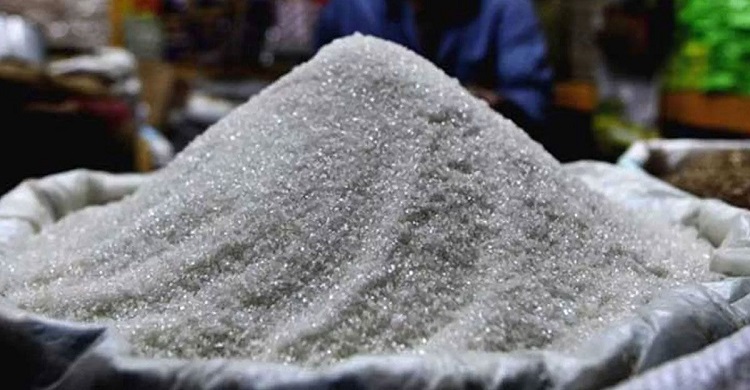
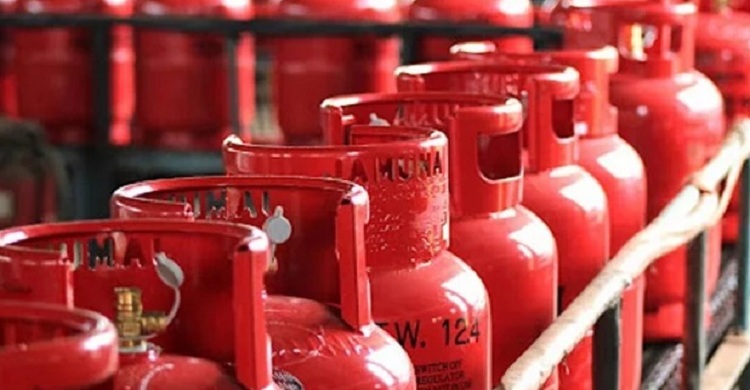

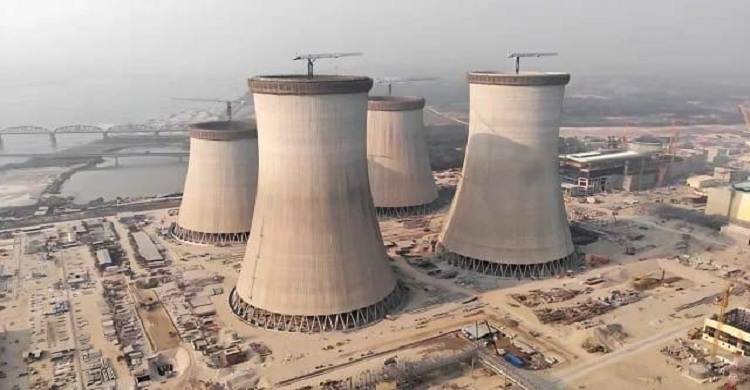
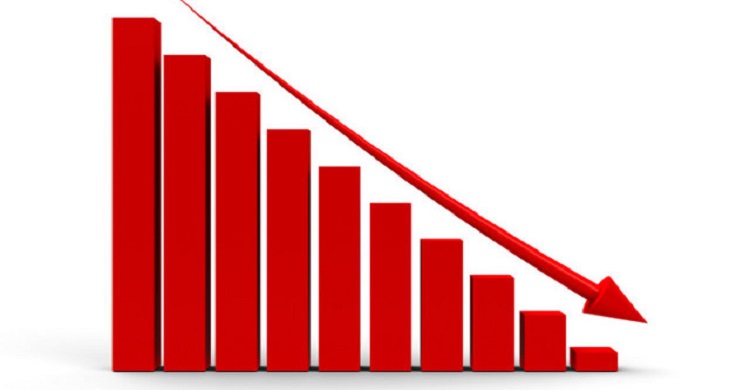


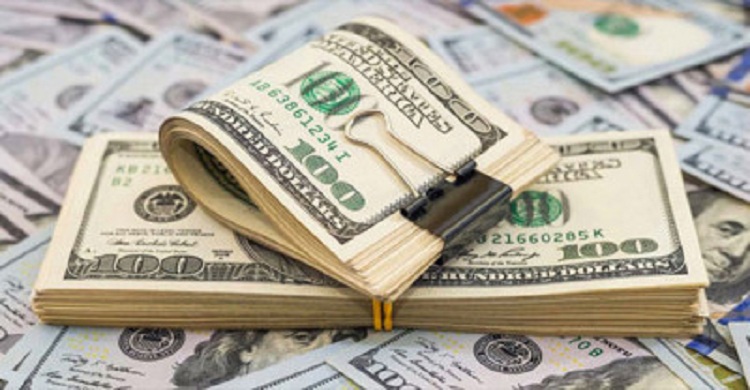


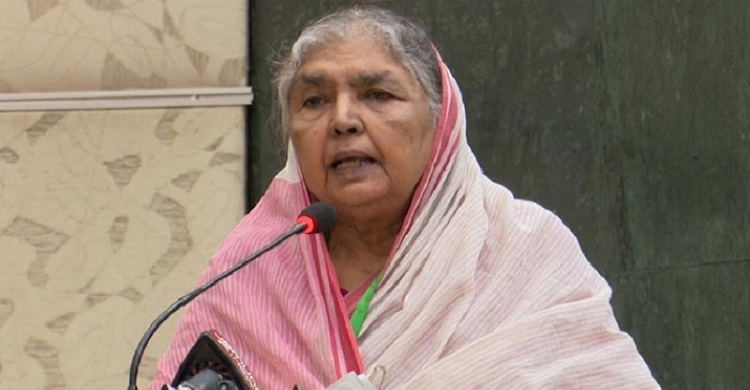



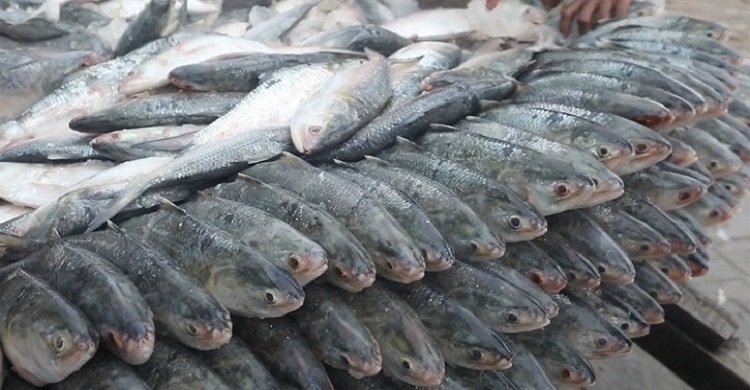


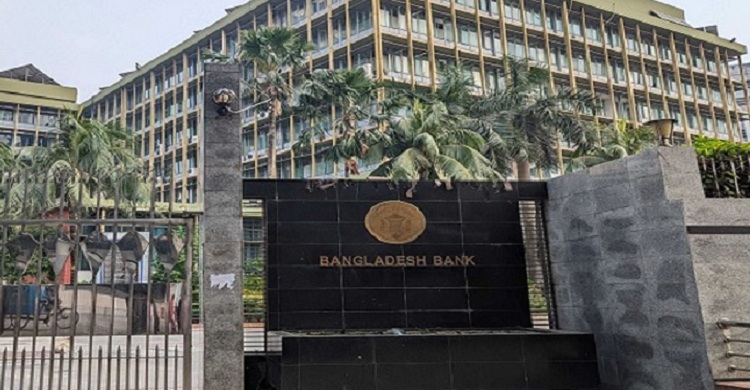

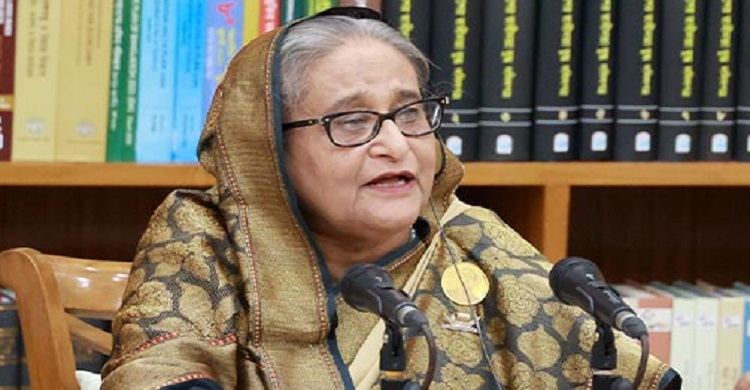




Comment ( 0)